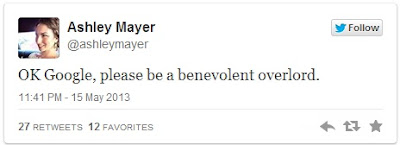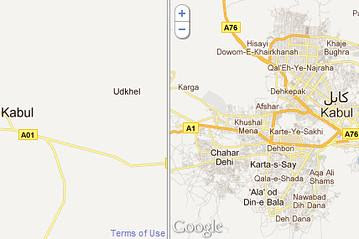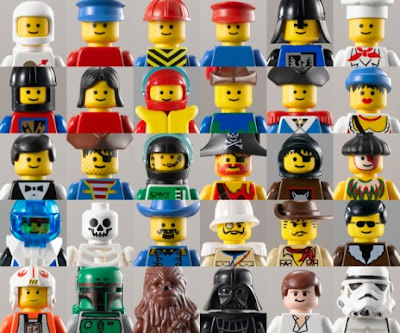Connecting the Dots

We have unbelievably huge amounts of data about pretty much everything that is getting generated, stored and tracked. And yet intelligence agencies don’t seem to be able to put all that data together to nail terrorists before they strike. Why can’t they connect the dots, we ask? And in the question lies the answer, according to some. Huh? Sound very Zen? We use the wrong metaphor (connecting the dots), then take that metaphor to its logical conclusion (a figure should emerge), and are surprised when real life doesn’t imitate our childhood books! When put like that, it does seem pretty stupid, doesn’t it? As Bruce Schneier wrote : “In real life, the dots can only be numbered after the fact…In hindsight, we know who the bad guys are. Before the fact, there are an enormous number of potential bad guys…The television show "Person of Interest" is fiction, not fact.” Besides, with so many “dots”, Schneier says it is very tough to know which dots form the “image” and w


